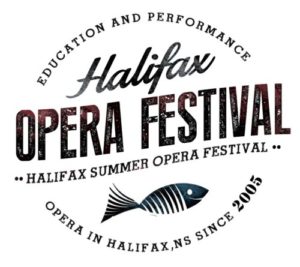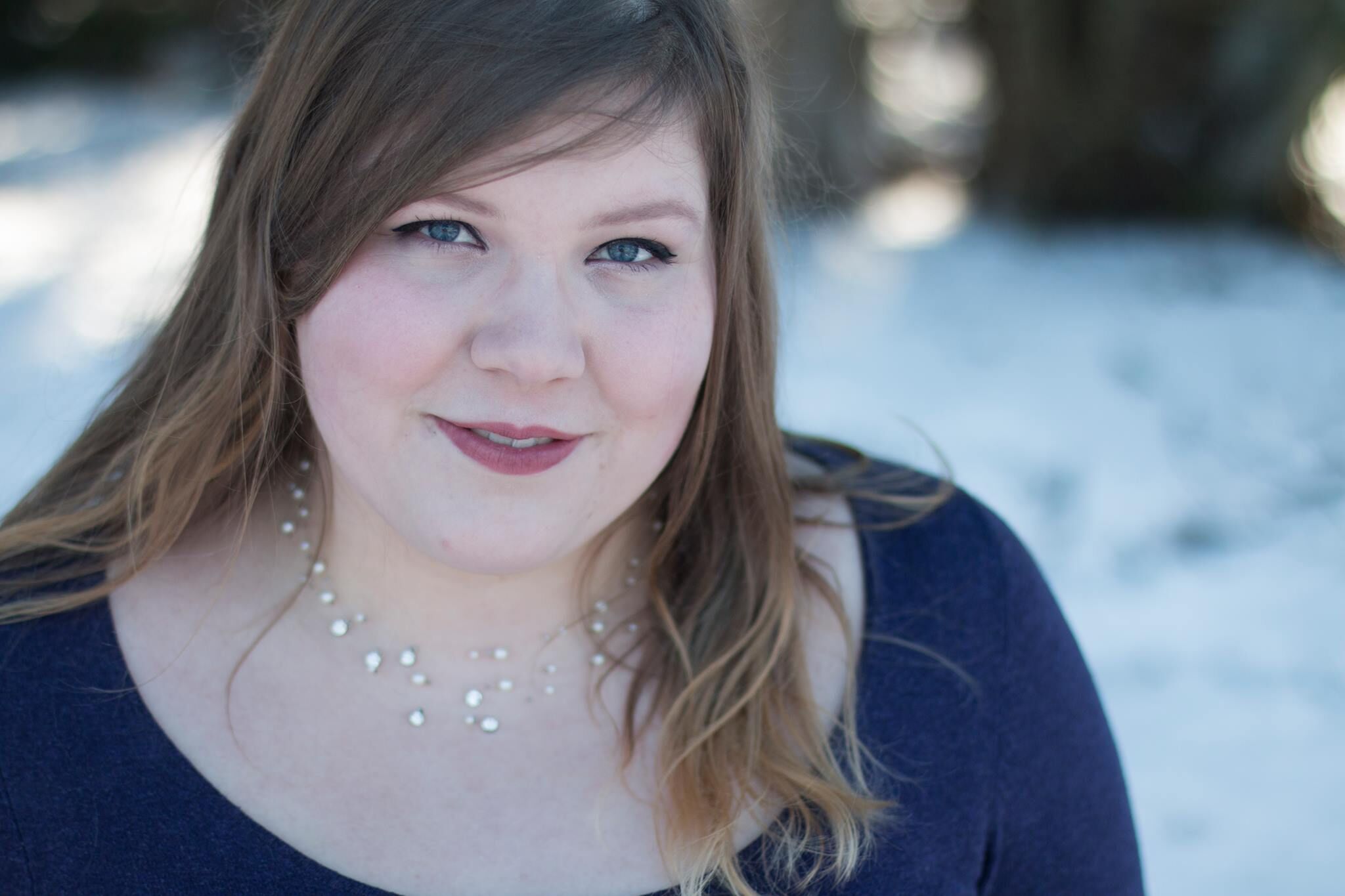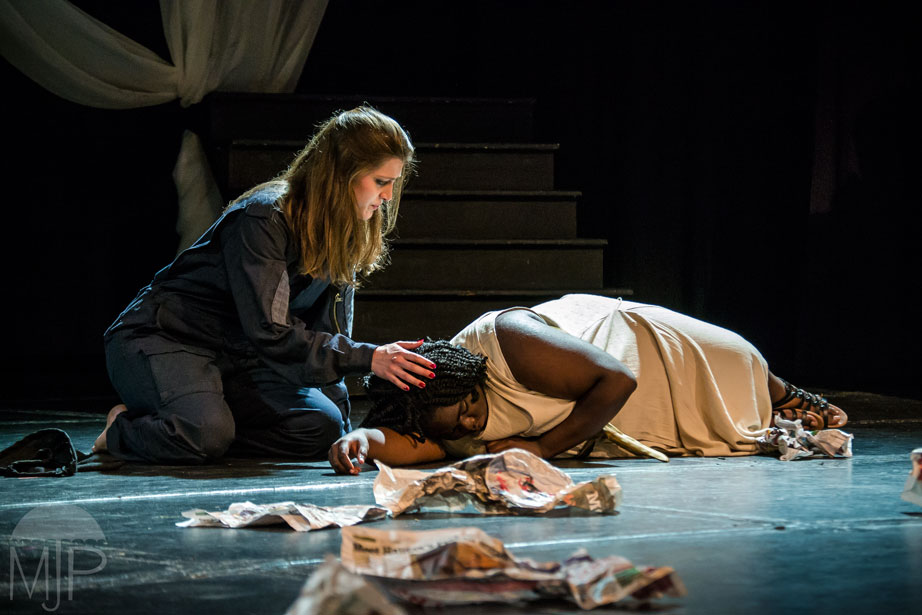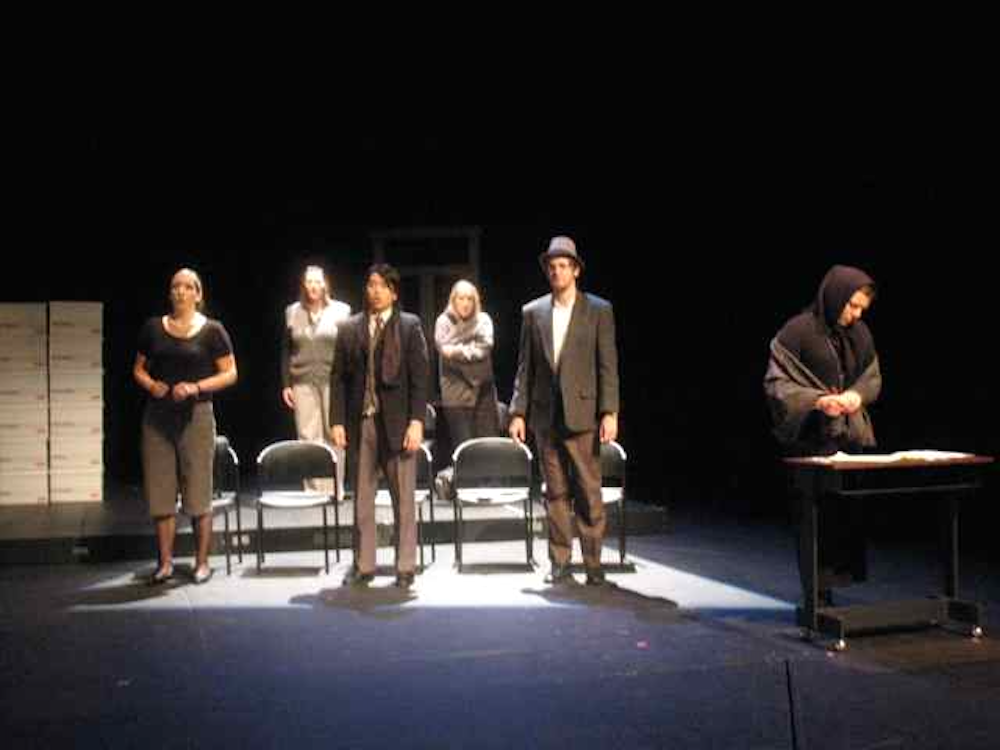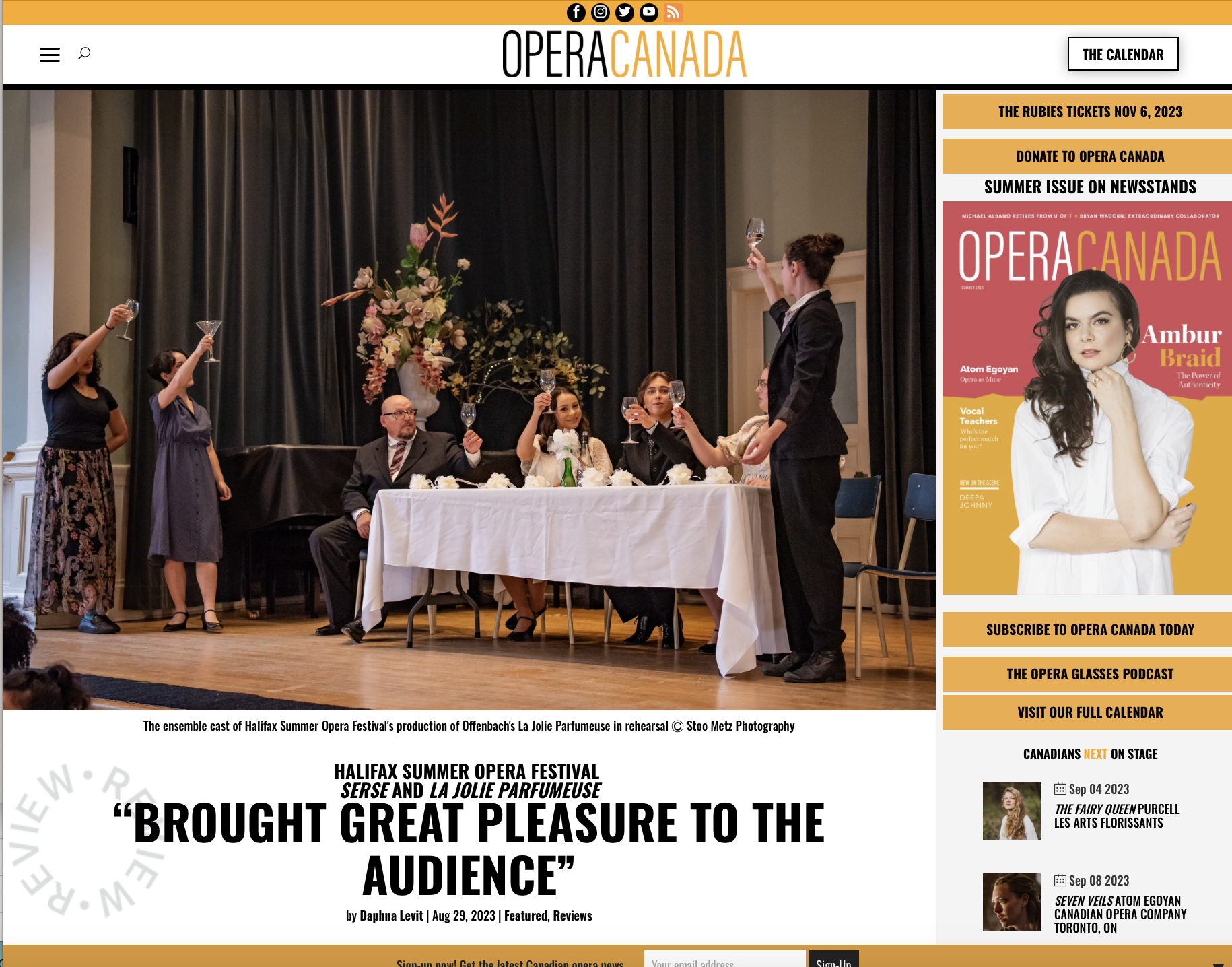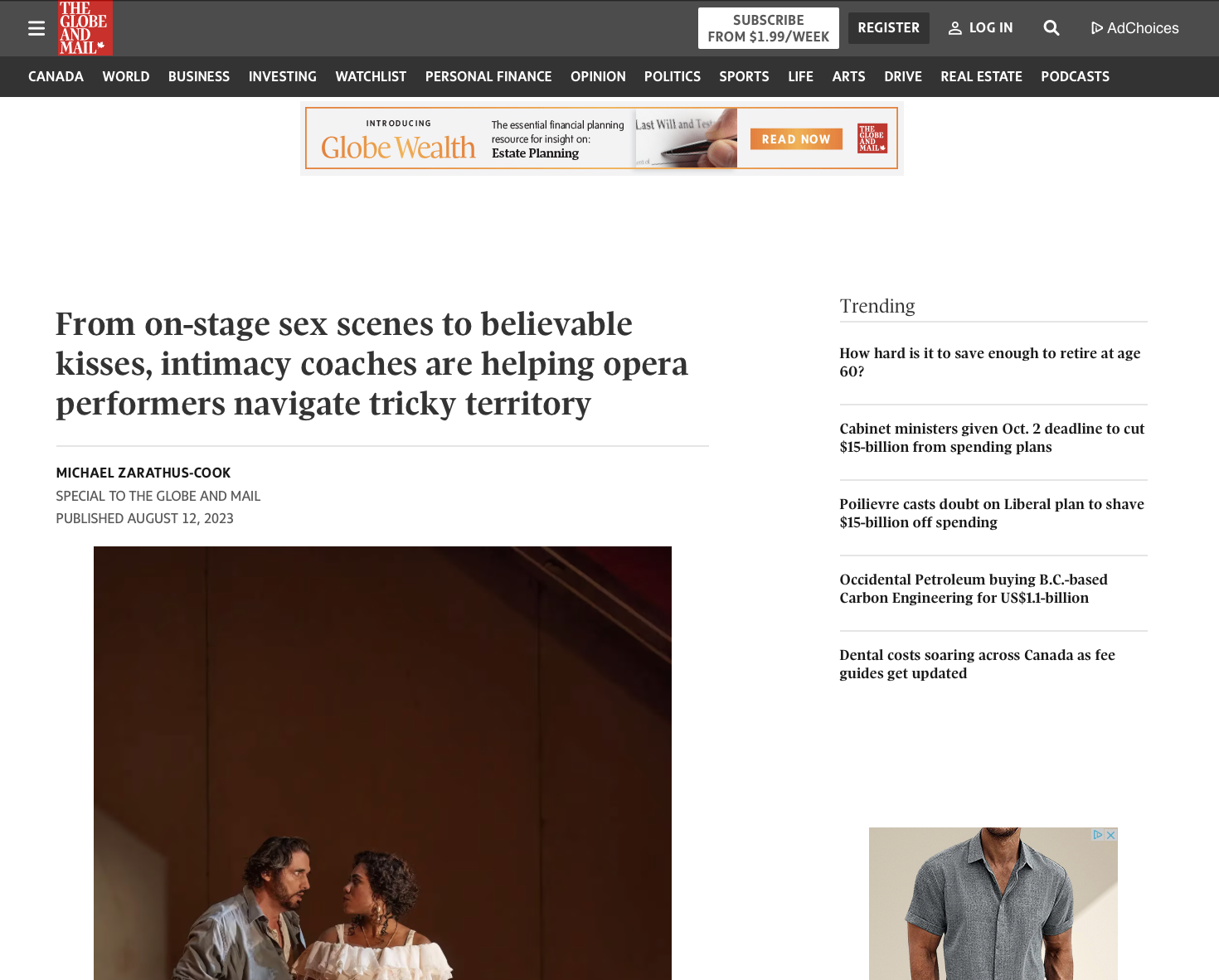Volupia/Hero in Cavalli’s L’Egisto
[/et_pb_slide] [/et_pb_slider][et_pb_testimonial admin_label=”Testimonial” author=”Jillana Kucey” url_new_window=”off” quote_icon=”on” use_background_color=”on” background_color=”rgba(244,171,171,0.83)” background_layout=”light” text_orientation=”left” quote_icon_color=”#e02b20″ body_text_color=”#000000″ border_style=”solid” body_font_size=”20″ body_font=”Lobster||||” _builder_version=”3.0.51″ quote_icon_background_color=”#f5f5f5″]“I am so glad that I get this opportunity, and I am going to make the most of it!”
[/et_pb_testimonial][et_pb_text admin_label=”Text” background_layout=”light” text_orientation=”left” border_style=”solid” _builder_version=”3.0.51″]Where are you from? How did you first get interested in opera or musical theatre?
I’m from Alberta. I have always loved musical theater, but I think what really hooked me into it was the Phantom of the Opera. When I took voice lessons in middle school, my voice teacher had me watch it and I was hooked. I wanted to be in that more than anything. Opera was around the house as I grew up. My dad would listen to the Met shows on the radio every Saturday. Then, when I was in high school, my dad told me that he was going to take me to an opera and skip volleyball practice (I wasn’t very good at volleyball anyway) and I saw Aida. It was so inspiring to see this powerful opera. The set was a beautiful spectacle, the music was divine, and the plot was enthralling. But the most powerful thing about Aida was the soprano star herself. She was a big woman, taller than her tenor lead, and her character was so inspiring and potent. It was unlike anything I had ever seen. Being a big and tall woman my whole life, I don’t often see these types of women portrayed as anything other than a funny side character, much less the main role. Seeing this opera was life changing for meand began to develop my love for opera.
When did you start studying voice? Where are you studying now?
I started off in choirs and theater classes. I didn’t take private voice lessons until I was in middle school, and then I took them on and off through high school. I received my B.A. in psychology and wanted to have music as a hobby on the side. I decided to take group voice workshop, but was offered to take private lessons instead. It was then that I met my current voice teacher, and he told me that I had the potential to sing professionally one day. After that I added on a music minor and the rest is history.
What came first for you, theatre or music?
I first started singing at a very young age. When I was in preschool I joined my church’s “cherub choir” and I loved it. I used to pretend to conduct it along with the teacher. Then as I grew older I loved to be in plays, so I took all the theater classes that I could. So I guess technically music came first, but theater was a close second.
What are your dream roles?
What arias, songs or entire roles belonging to other voice types would you like to perform?
Pagliacci is such a great character. Also anytime that a bass sings the role of the devil, that sounds like so much fun!
Who are your favourite performing artists?
Jesse Norman, Renee Flemming, Anna Nebtrebko
What’s the most embarrassing song on your phone/tablet/streaming playlist?
Every morning when I get up and get ready for the day, I listen to Britney Spears to get me going and pumped for the day. #sorrynotsorry.
How should we as interpretive artists deal with works that are racist and/or sexist? What can be done to make opera relevant to the next generation?:
It depends on the work. Somethings you can take and modernize it to show that it still shows an important message that we need to deal with today. Or it can be created into a satire which uses humor to show how the works used antiquated ideas. But it is always important to know the historical context of the piece, and it is interesting to examine the way in which people used to think.
What are you most looking forward to about this summer?
I am really looking forward to being in a school type atmosphere again. I have been out in the working world for a couple of years now, and it will be nice to get to set aside time to work on music.
Thanks, Jillana!
Are you a participant or staff member this year? Why not submit your own answers to our questionnaire!
[/et_pb_text][/et_pb_column][/et_pb_row][/et_pb_section]